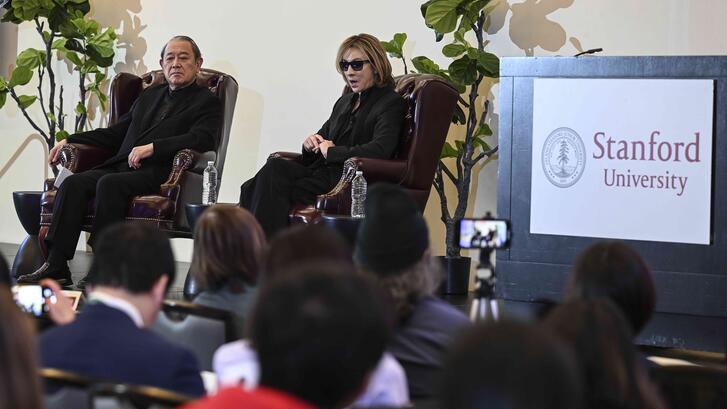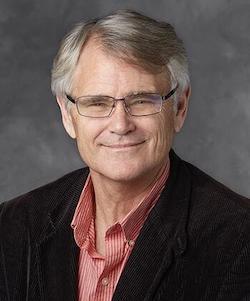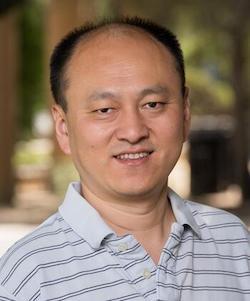Young Researcher Workshop
Cross-border Impacts: How China’s College Expansion Contributes to America’s Graduate Programs
Speaker: Yuli Xu, Ph.D. Candidate in Economics at UC San Diego
China’s annual college enrollment has experienced a significant surge, increasing over nine fold from 1 million in 1998 to more than 9.6 million in 2020 due to a massive expansion initiated in 1999. This paper studies the impact of this expansion on US graduate programs by combining administrative data on Chinese college admission with the SEVIS database on foreign students. Our identification strategy leverages city-year-major variation driven by China's college expansion guided by a quota system, which allows us to control for city-year and major-year confounders. Our estimates imply that the college expansion in China can explain 30% of the rise in Chinese graduate student flow to the US during 2003-2015.
About the Workshops
The SCCEI Young Researcher Workshops are a bi-weekly series of presentations from scholars around campus who are working on issues related to China’s economy and institutions. The aim of the series is to bring together young scholars by providing a platform to present new research, get feedback, exchange ideas, and make connections. Each session features a single presenter who may present a new research plan, share results from preliminary data analyses, or do a trial run of a job talk or conference presentation. The Workshop Series is an opportunity to give and receive feedback on existing research, get to know other researchers around campus who are working on or in China, and be a testing ground for new ideas, data, and presentations.
Workshops are held every other Tuesday from 2 - 3 pm. Afternoon refreshments will be provided!
Visit the Young Researcher Workshops webpage for more information on the content and format of the series and to learn how to sign up to present.
Learn More About the Workshops
Goldman Room, Encina Hall, E409










